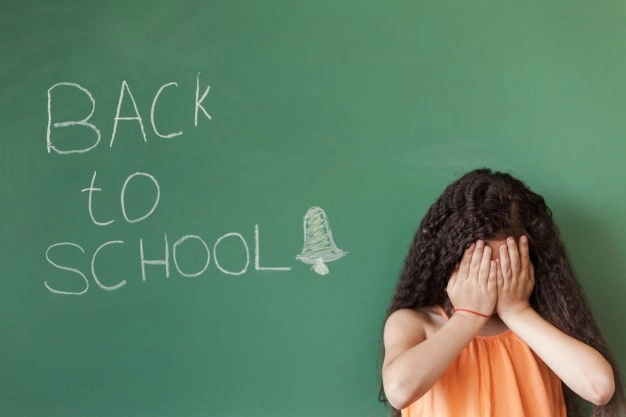
7 Signs your Child needs Tutoring
Tutoring has been around since antiquity. A time when ancient civilisations educated nobility. It is a form of education that is still used today. Aristotle, who tutored Alexander the Great, was one of the early antiquity tutors. Many of his words of wisdom still apply to today’s students.

He said: “Good habits formed at youth make all the difference.”
Tutoring and guidance at a young age may just make all the difference to your child’s scholastic journey. Perhaps your child just needs to learn how to tackle a problem, or to improve reading and language skills to gain confidence in the classroom. The problem could be as simple as time management or study skills, but getting that little bit of extra help could make all the difference.
How do you know your child needs some form of tutoring?
Here are some signs to look out for.
1. Slow progress at school
You may have picked up through parent/teacher interviews that your child is struggling in class. Report cards could be coming home with comments like ‘could do better’ or ‘struggles to concentrate’ and other indicators that your child is not doing so well. After you have followed up with the teacher, some form of extra help could be what your child needs.

2. Not wanting to do homework
Homework is often a challenge, but children usually get on with it and finish, so they can do other things. Have you noticed that your child is not able to finish the work and remarks come back from the teacher about the quality of the homework? Is your child struggling to memorise number facts or spelling words? Have you noticed a struggle with reading or learning to spell? Homework is a good indicator of how your child is coping at school. Generally homework is consolidation of classwork and should be manageable.
3. Hiding test results
Report cards and test marks are a very accurate way of assessing how your child is getting on within the confines of the classroom. If you suspect your child is hiding their results then you have cause for concern and need to go and see the teacher. Discuss the problem with your child and pay the school a visit to ascertain the depth of the problem. Then you will have an idea of how to resolve this situation.
4. Not wanting to go to school, hates school
Reluctance to go to school is another key indicator of a problem. Most children enjoy school, especially in the primary phase. Your child will not enjoy school if they are not coping. They will feel insecure and lack confidence if they go to school and are struggling. It is important to pick up on this lack of enthusiasm for learning soon and help your child to cope with the work expected at their level.

5. Disorganised at home
Some of us are just a bit untidy sometimes, but being disorganised goes further than that. Disorganisation may be a delay tactic to avoid going to school. It could be lack of concentration and the ability to focus. Your child may show these tendencies at school too. Helping your child with organisational skills early on will help with their outlook on school for the duration of their school life. Getting some assistance with how to focus on a task is an important life skill.
6. Lack of confidence or anxiety
Emotional problems and insecurities can affect your child’s school performance. The signs of anxiety may be covering a problem of inability in some subject at school. Poor reading skills will affect every other aspect of your child’s work.

This could give your child deep feelings of insecurity or lack of confidence as they are unable to follow instructions or read text required for comprehension. A tutor to help improve reading skills may be all you need to give your child that extra lift at school, and reduce performance anxiety.
7. Learning disabilities
Detecting and helping with specific learning disabilities will go a long way to help a child who may be struggling at school. The class teacher will most likely be the first to contact parents with reference to a learning disability. These difficulties may range from more serious disorders like dyslexia to the more common difficulty of auditory processing or visual perceptual disorders. Getting to the root of the difficulty through a child psychologist or therapist will help discern the underlying problem. Following up with a program of intervention, through a tutor, will help your child to work through their difficulties and get some coping skills.
Children who are not able to keep up with their school work, or the pressure of homework, may become very despondent about their performance at school. A little extra tuition in the right areas will make all the difference. It should encourage your child to persevere further at school knowing they have that extra help.
A little boost of morale and some extra tutoring could make all the difference. Sometimes overcoming problems is a head and a heart approach.
Aristotle also said:
“Educating the mind without the heart is no education at all.”
It is recommended, for this head and heart approach to a problem, that tutoring could just tip the scale in favour of better performance at school.
If your child requires some additional support may it be in-home or online, we're here to help! Visit https://tutor2you.com.au/ to book a free consultation with our trained & certified tutors today.


